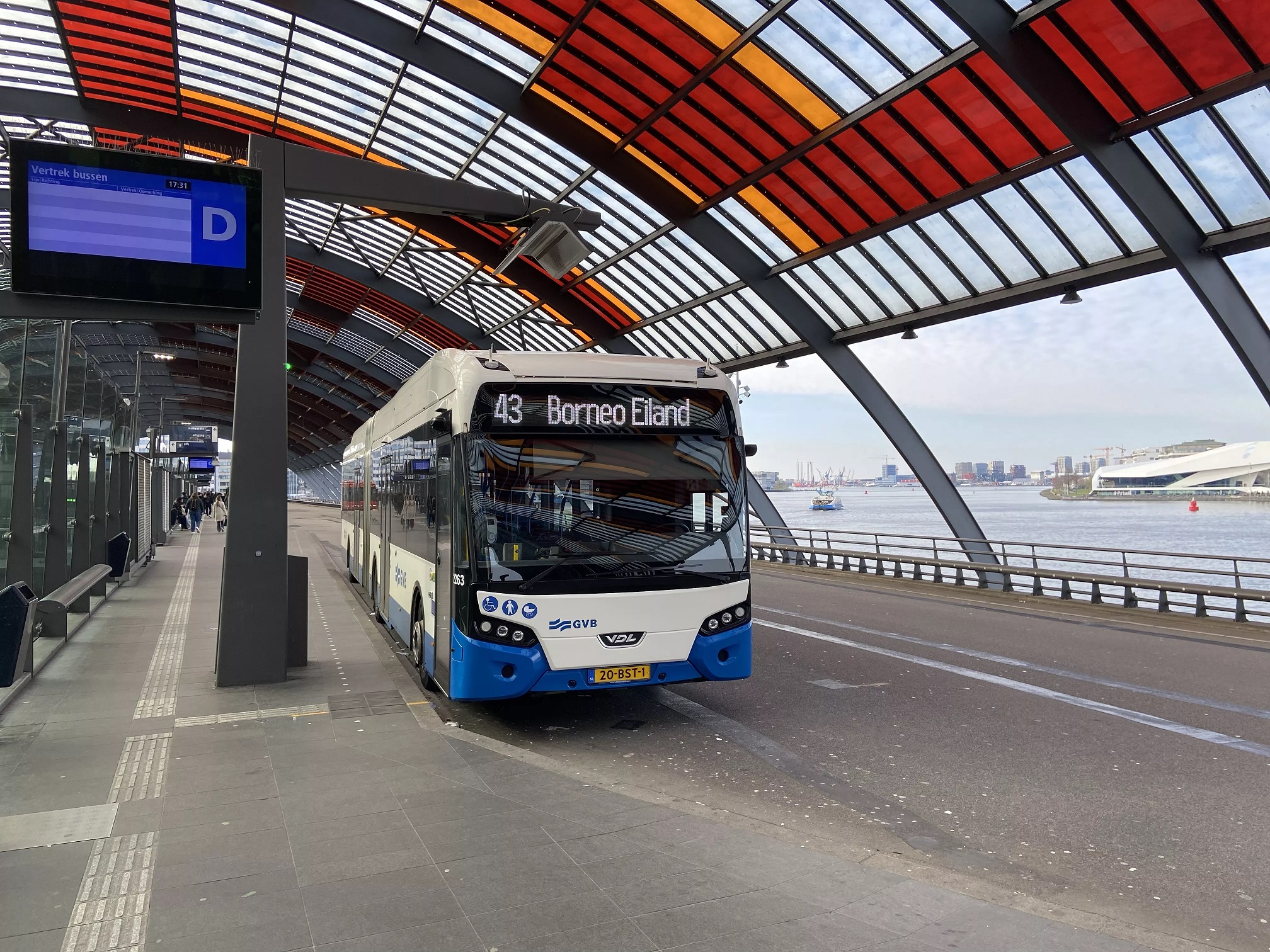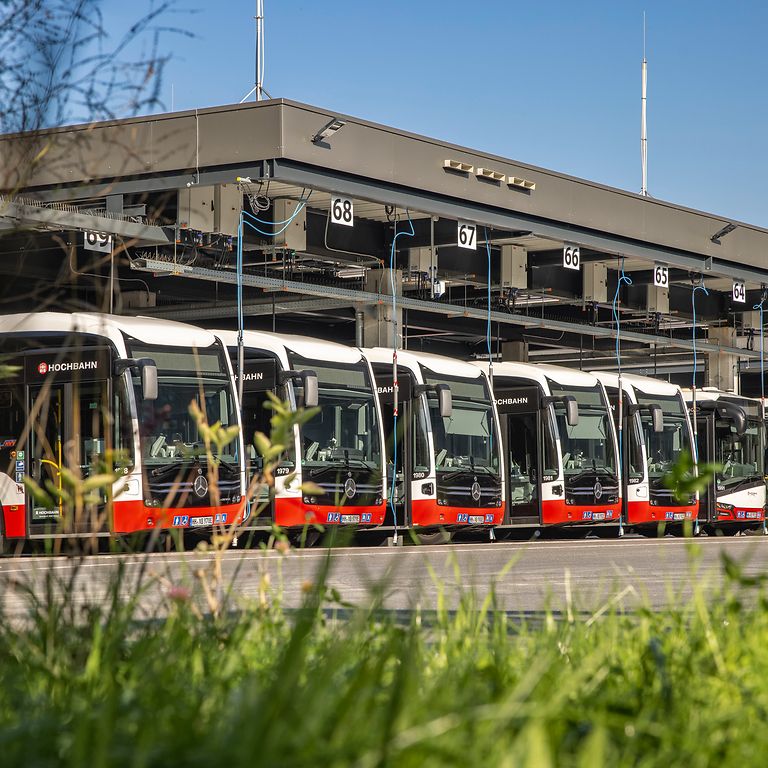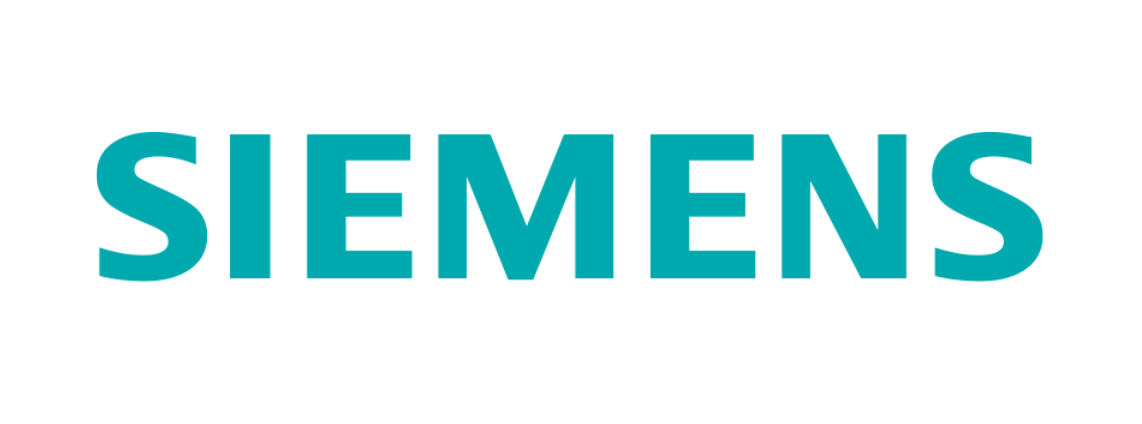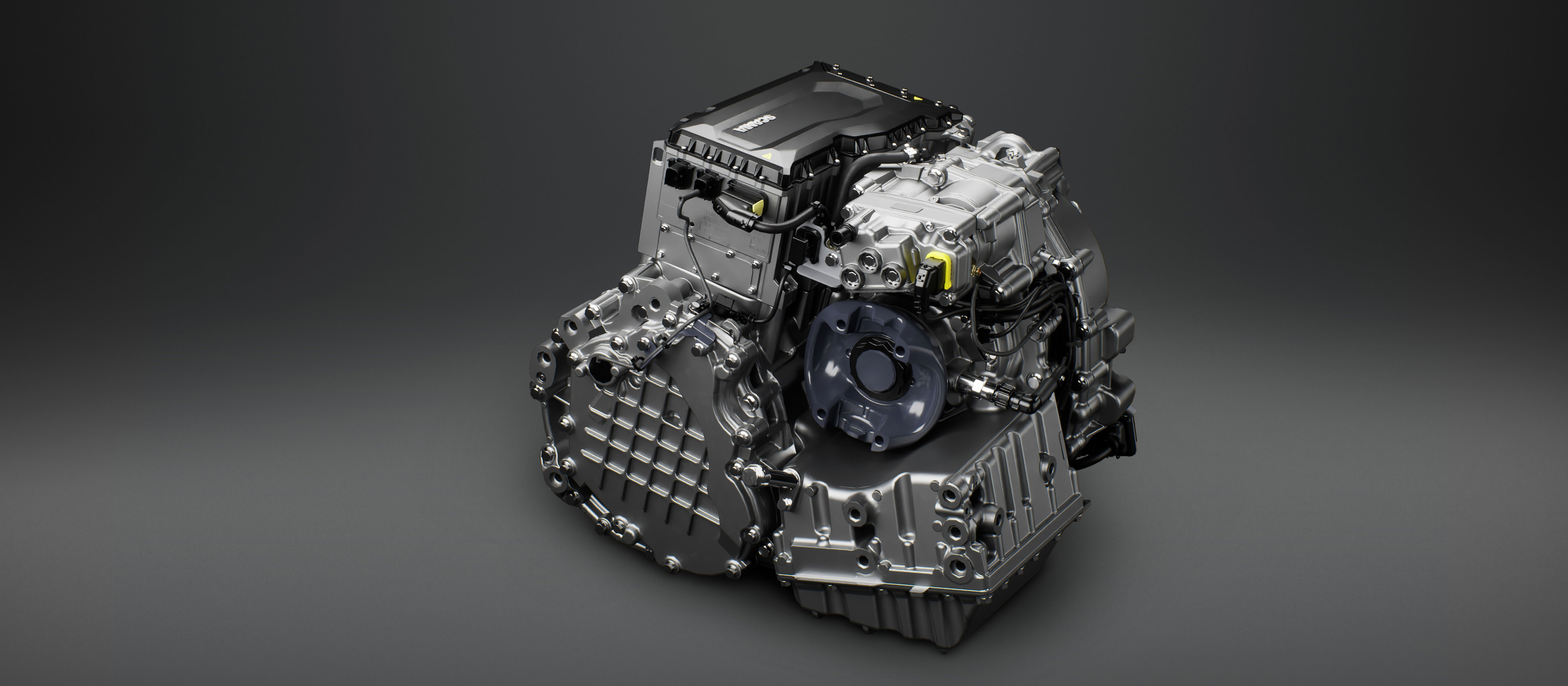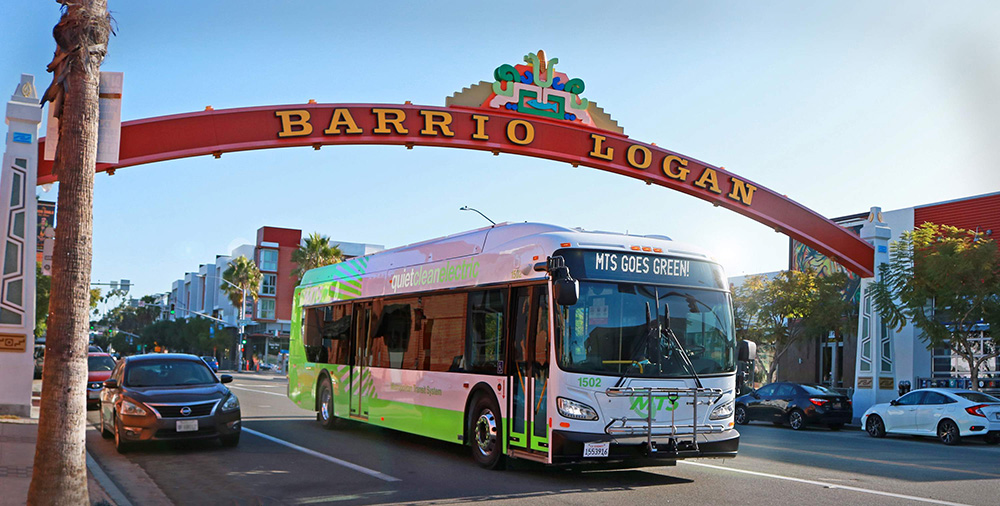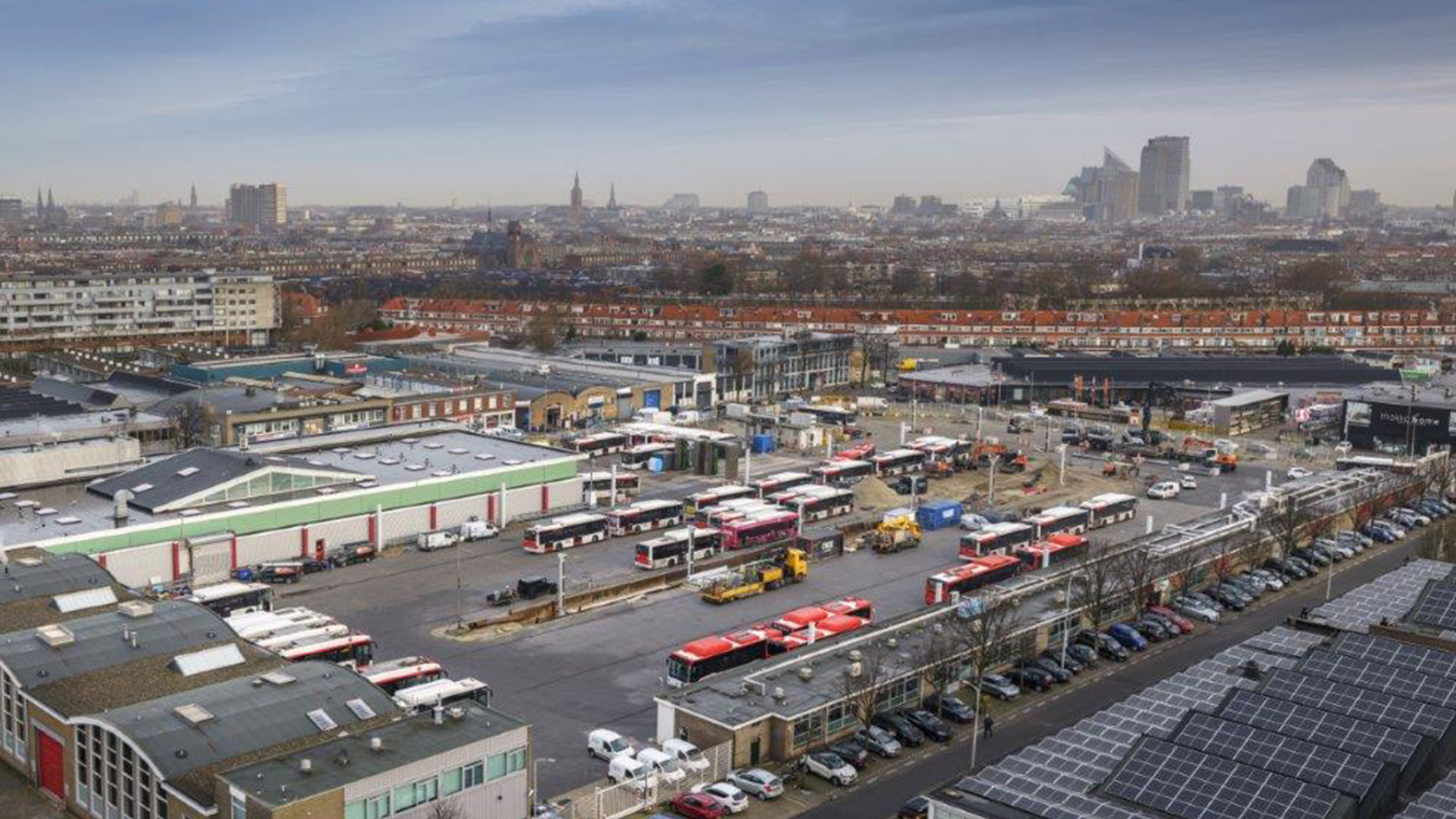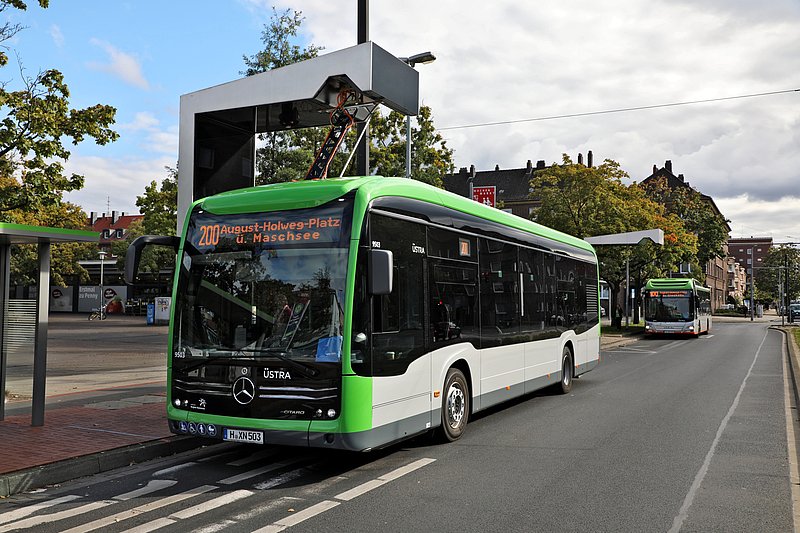
Üstra operates the light rail as well as the city bus network in the Hannover region and is the leading local transport provider in Lower Saxony, Germany. It says the software solution will ensure the availability of its electric buses and contribute to minimising energy costs, optimising maintenance and improving fault management. Thus, PSI is significantly supporting Üstra in its goal of operating entirely emission-free public transport in the region by 2035.
As part of Üstra's electric bus initiative launched in 2020, the depots equipped with modern charging infrastructure and opportunity chargers will be efficiently monitored and controlled by PSIsmartcharging. The system ensures the availability of electric vehicles and, if necessary, shifts the charging processes or reduces charging power to avoid energy supply bottlenecks. For prolonged battery life, charging processes are managed in a cell-friendly manner. The target state-of-charge is specified by the user in the depot management system and automatically transferred to the system.
PSIsmartcharging is scalable to include additional depots and charging points and can be connected to the charging technology of different charging station manufacturers. Moreover, it features interfaces to third-party systems such as depot management or ITCS systems and supports access to vehicle data according to the VDV interface 261. The PSI system architecture meets all necessary requirements for Kritis-compliant operation.



